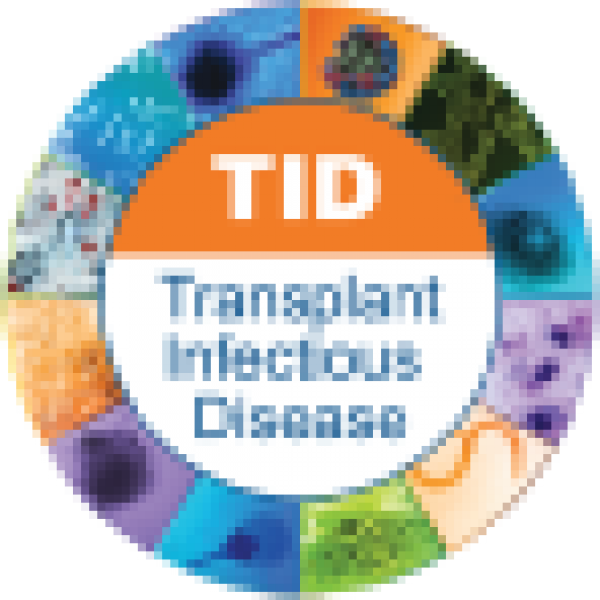2016 - TID Conference
This page contains exclusive content for the member of the following sections: TTS, TID. Log in to view.
Session 4 : Post-Transplant - Late Complications/Hot Topics
4.0 - Antiviral Pipeline - How We Will be Treating CMV, EBV, BK Virus 10 Years From Now
Presenter: Hans, Hirsch, Basel, Switzerland
Authors:
Infections remain a significant challenge to the outcome of transplantation (1, 2). Although transplantation medicine has witnessed improved outcomes due to the art of transplant infectious disease (TID) fostering better diagnosis and delivery of prophylactic, preemptive and therapeutic interventions (3), viral infections remain a significant challenge (4). Although different viruses differ in their intrinsic and situational pathogenic potential, the principle denominator is the obligatory intracellular phase of viral replication reprogramming the host cell metabolism and rendering the recognition of “non-self” and “self” less distinct in the allogeneic transplantation (4, 5). Thereby, key deficiencies become exquisitely prominent in transplantation and clinical virology:
1. Lack of effective immune recognition in immunosuppressed patients: whereby anti-donor immunity and higher HLA-mismatches needing more immunosuppressive intensity escalate viral immune escape.
2. Lack of antiviral drugs with high selectivity, little toxicity, and high efficacy: whereby the rapid viral replication kinetics with one and more generations per day and lack of immune control result in emergence of drug-resistant variants.
3. Lack of effective vaccines and vaccine combinations pre- and post-transplant: whereby humoral and cellular immunity is restored in an allogeneic context without precipitating immunopathology or rejection.
Important Disclaimer
By viewing the material on this site you understand and accept that:
- The opinions and statements expressed on this site reflect the views of the author or authors and do not necessarily reflect those of The Transplantation Society and/or its Sections.
- The hosting of material on The Transplantation Society site does not signify endorsement of this material by The Transplantation Society and/or its Sections.
- The material is solely for educational purposes for qualified health care professionals.
- The Transplantation Society and/or its Sections are not liable for any decision made or action taken based on the information contained in the material on this site.
- The information cannot be used as a substitute for professional care.
- The information does not represent a standard of care.
- No physician-patient relationship is being established.
Contact
Address
Transplant Infectious Disease
c/o The Transplantation Society
740 Notre-Dame Ouest
Suite 1245
Montréal, QC, H3C 3X6
Canada


